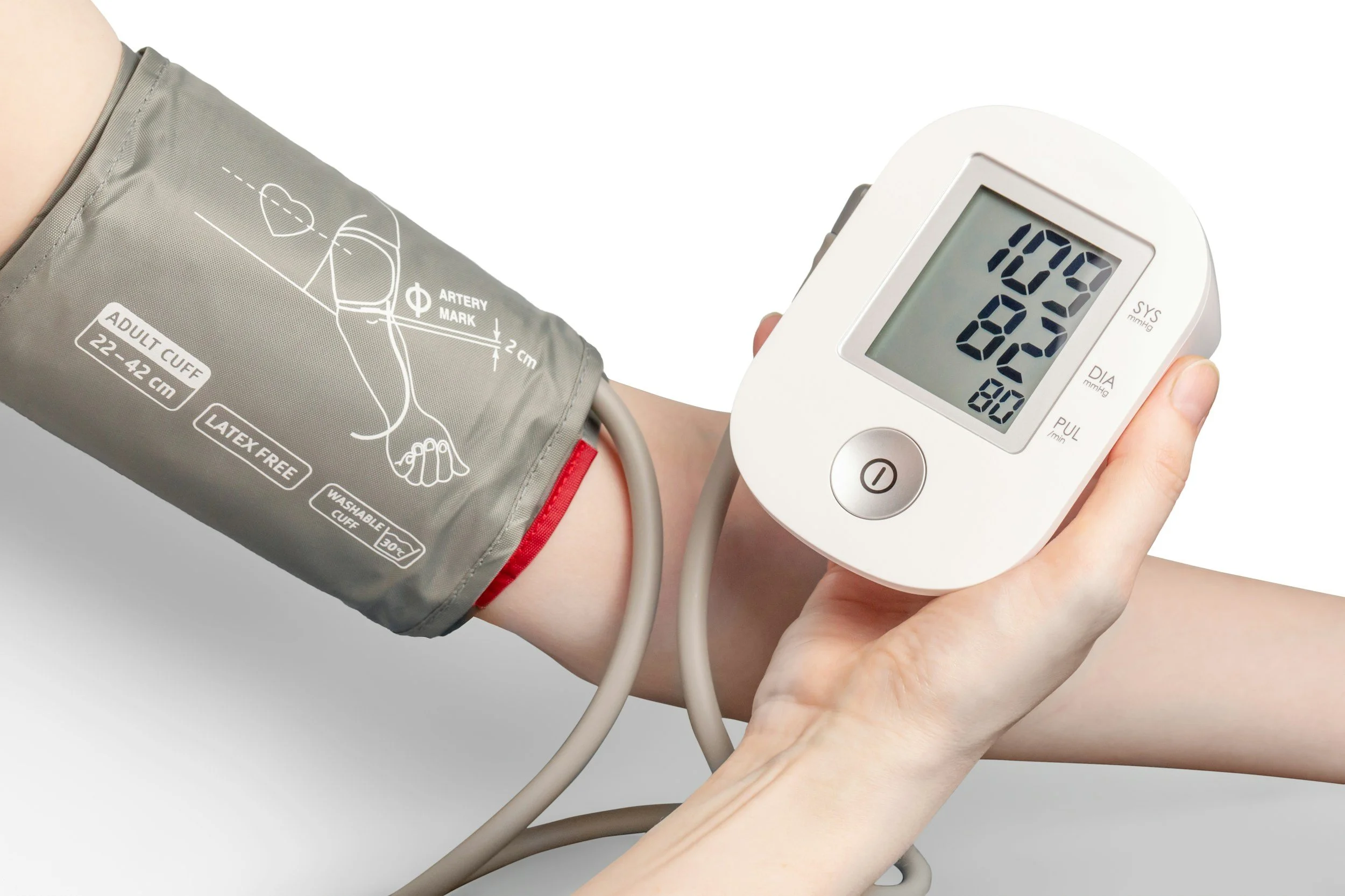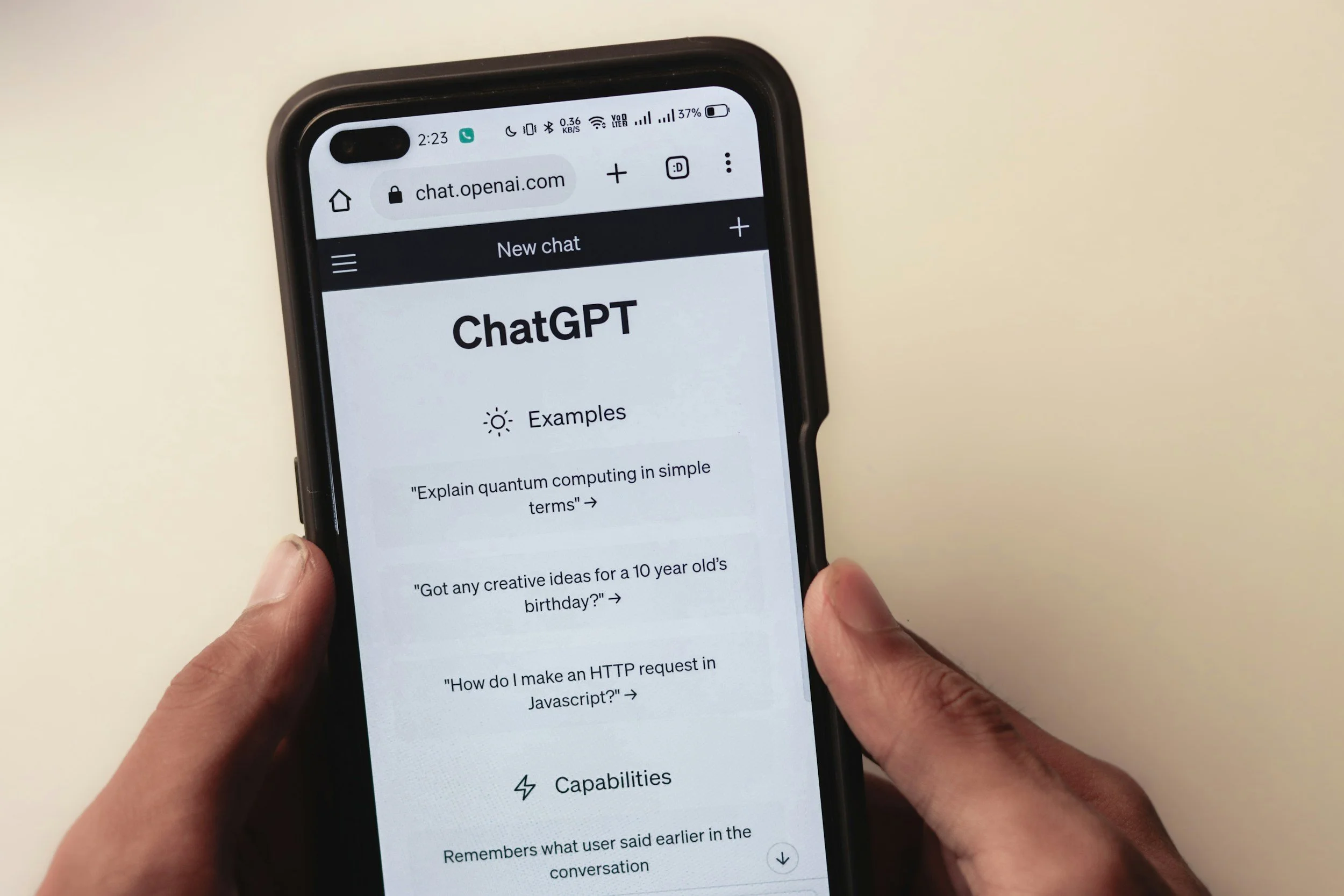Earkick Uses AI and Biomarkers to Personalize Mental Health Support: Benefits and Limitations

Image Credit: Marcel Strauß | Splash
As global demand for accessible mental health solutions increases, startups are leveraging artificial intelligence to expand support. Earkick, a San Francisco-based company founded in 2021 by Dr. Herbert Bay and Karin Andrea Stephan, offers a mobile platform designed to provide real-time, personalized mental health feedback using a combination of user inputs and biometric data.
Earkick’s AI-Driven Mental Health Platform
Earkick’s core product is a mobile app available on iOS and Android. It integrates a multi-modal large language model (LLM) with real-time analysis of biomarker data collected from compatible wearable devices—such as heart rate variability (HRV) and sleep patterns—alongside user inputs via text, voice, or video. The AI assistant, known as “Earkick Panda”, offers tailored feedback and recommendations, including breathing exercises and mindfulness prompts, adjusting its suggestions to align with users’ emotional and physiological states.
According to information published by Earkick, the company reports achieving a high level of prediction accuracy for mood and anxiety state detection, citing an F1 score of 0.8 in their internal assessments. Regular users of Earkick’s app have self-reported a 34% improvement in mood and a 32% reduction in anxiety over a period of five months. However, these findings are based on company-reported data; third-party peer-reviewed clinical validation is still pending.
Earkick states that it is working with academic partners on clinical studies to further validate its approach, but there is currently no publicly available confirmation of ongoing trials.
The Context: Rising Demand for Mental Health Support
The need for scalable mental health tools is underscored by global statistics. According to the World Health Organization, there is a deficit of more than four million mental health professionals worldwide, making accessible support a significant challenge. For example, the UK’s National Health Service reported over 425,000 new mental health referrals in April 2024 alone, illustrating heightened demand for accessible and affordable support.
AI-powered tools like Earkick seek to fill this gap, using objective biomarker data to inform recommendations and provide instant, 24/7 support for users experiencing mild to moderate stress and anxiety. Such platforms are positioned as complementary to—not replacements for—traditional therapy.
Accessibility, Audience, and Privacy
Earkick is available internationally, with a free version offering basic features and a premium subscription providing more advanced options. The app is designed for tech-savvy users, particularly younger adults, who wish to self-manage their stress or anxiety. The company emphasizes privacy, using AES-256 encryption and allowing users to access the app without registering or providing personal identifying information. As of now, the app’s website does not explicitly state HIPAA compliance, an important privacy standard for health data in the United States.
Benefits and Evidence to Date
Earkick’s AI analyzes real-time biomarker data and user input to deliver personalized, actionable mental health support. The platform is compatible with devices such as the Apple Watch, which can enhance the accuracy and breadth of data available. According to a 2023 BusinessWire report, users have seen measurable improvements in mood and anxiety reduction through regular use. However, these outcomes are primarily based on self-report and internal analysis rather than independent clinical trials.
A growing body of research supports the potential for AI chatbots and digital mental health platforms to aid in managing anxiety and mood disorders, but consensus remains that such tools should supplement, not replace, professional care—especially for severe or complex conditions.
Challenges, Limitations, and Ethical Considerations
Earkick is not designed for individuals with severe mental health conditions or crises and cannot substitute for professional medical or psychological care. Like other biomarker-driven platforms, Earkick’s reliance on signals such as HRV can be complicated by factors including exercise, medication, or illness, potentially impacting the accuracy of AI-driven recommendations.
Recent events in the AI mental health space—including high-profile cases where chatbots delivered inappropriate advice—underscore the need for rigorous oversight and ethical standards. Earkick’s privacy and security measures are robust, but without explicit HIPAA certification, there may be limitations for some users and regions.
Source: Earkick, BusinessWire, WHO, NHS, BestAITools
We are a leading AI-focused digital news platform, combining AI-generated reporting with human editorial oversight. By aggregating and synthesizing the latest developments in AI — spanning innovation, technology, ethics, policy and business — we deliver timely, accurate and thought-provoking content.

































